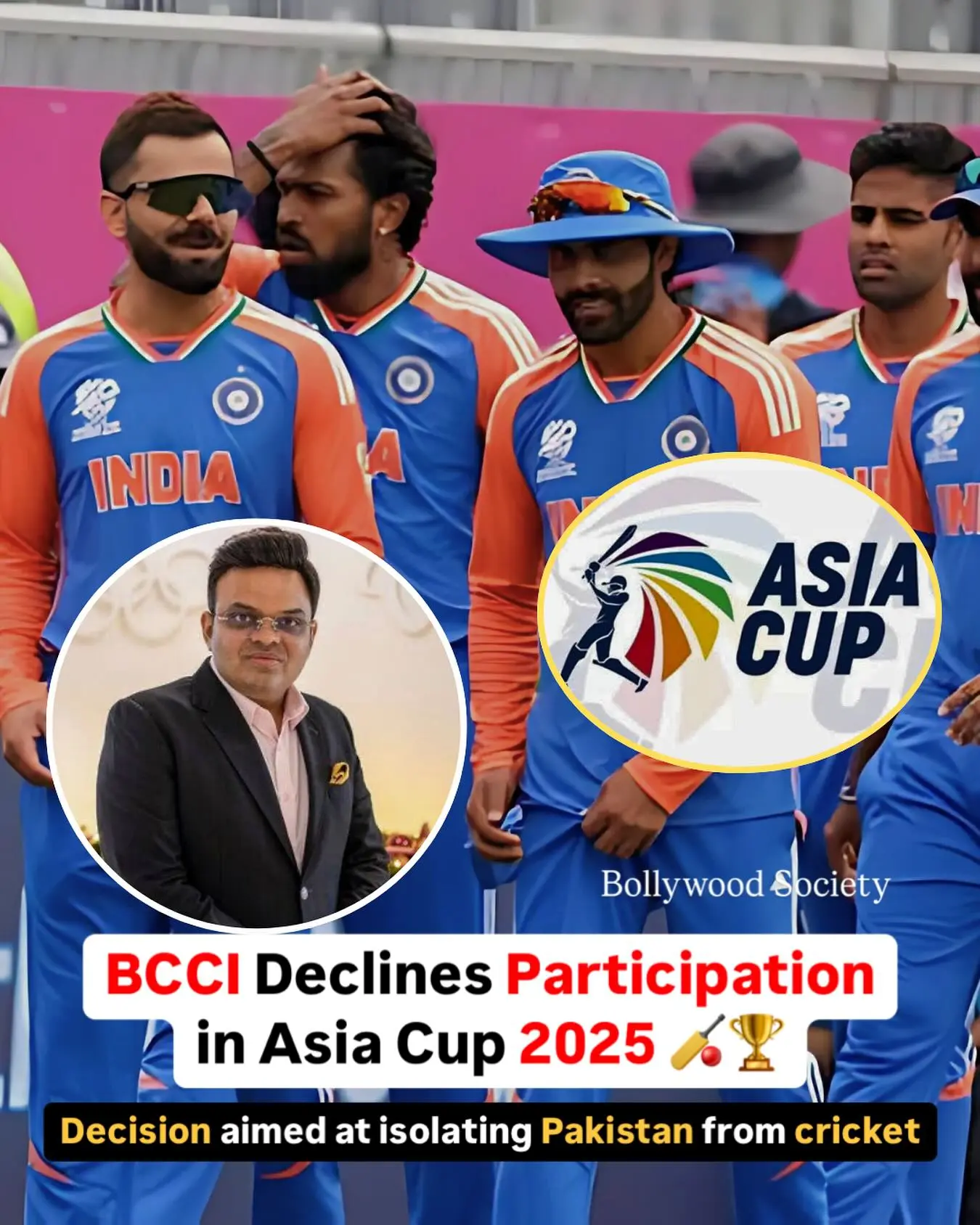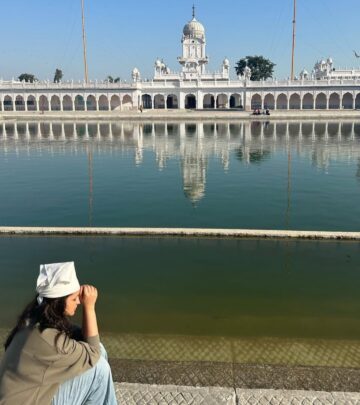BCCI Pulls Out Of Asia Cup Amid Pakistan Minister Controversy
Team India's exit from tournaments sparks fierce debate on cricket's future & pride indeed

Image: Instagram
In a surprising move that has sent shockwaves through the cricketing world, the Board of Control for Cricket in India (BCCI) has pulled Team India out of both the Men’s Asia Cup 2025 and the Women’s Emerging Teams Asia Cup. This decision comes on the heels of Pakistan’s Interior Minister, Mohsin Naqvi, taking up the reins at the Asian Cricket Council (ACC). A BCCI official was quoted as saying that India will not take part in events headed by a Pakistani minister, citing deep-rooted national sentiment. Hindustan Times was among the first to report the dramatic exit, which raises several questions about the future of Asian cricket and regional tournaments.
Bcci Decision Sparks Controversy
The announcement has stirred a frenzy among players, fans, and cricket pundits alike. The BCCI’s rationale centers on a matter of principle: for several years, Indian cricket governance has carefully balanced sport and politics, and now it appears that national pride is taking center stage. A senior BCCI official explained that competing under the leadership of a Pakistan minister has become unacceptable given the current regional atmosphere. This decision, though purely administrative, reflects broader geopolitical tensions and a desire to safeguard national interests in the sporting arena.
A Blow To Prestigious Tournaments
The Men’s Asia Cup and the Women’s Emerging Teams Asia Cup enjoy considerable prestige in the cricket calendar. By opting out of these tournaments, India risks altering the traditional balance maintained in Asian cricket. The move not only diminishes the competitive field but also has the potential to reshape long-standing rivalries. With India’s exit, tournament organizers are now under pressure to reassess the structure and leadership of upcoming events. This may prompt a reorganization of the Asian Cricket Council, as the decision casts a long shadow over the future of the sport in the region.
National Sentiment And Political Dynamics
The decision is deeply intertwined with political sentiment, reflecting an evolving attitude towards regional leadership in sports. The fact that Pakistan’s Interior Minister, Mohsin Naqvi, heads the ACC has become a focal point of contention. Many view his appointment as emblematic of broader political diversions that, when translated into the realm of cricket, seem to conflict with the nationalistic pride of Indian supporters. Critics and casual observers alike are now debating whether sports should remain impartial or if they invariably mirror the political climate in the region. Such discussions are emblematic of the polarized views that frequently surface when politics intersects with the sporting world.
Implications For Asian Cricket
With India being a powerhouse in the cricketing universe, its withdrawal sends potentially far-reaching ripples through the sport. Analysts suggest that India’s exit could lead other nations to reconsider their participation policies or their own stances on political appointments within cricket bodies. This reshuffling might result in a weakened tournament structure and, potentially, a more isolated approach to organizing regional events. Several experts are calling for a strategic realignment within the ACC to ensure that political dynamics do not override the game’s fundamental ethos. The decision is also prompting conversations about fairness and neutrality in sports governance, and whether a politicized environment can truly foster competitive integrity.
Reactions And Future Outlook
While many cricketing circles have expressed disappointment at India’s withdrawal, there is a palpable sense of uncertainty about what this means for future Asian tournaments. The BCCI’s move is expected to force tournament organizers and ACC officials to re-evaluate the leadership structure and participation criteria for these events. There are voices from within the cricket community urging for greater dialogue between all stakeholders to avoid setting a precedent where sports events become collateral damage in political disputes. Observers note that it may take significant time and negotiation to restore faith in the organizational framework that has long defined Asian cricket.
In a separate arena of social media, the news was also highlighted by Bollywood Society on Instagram, where an image showing a dynamic cricket stadium captured the vibrant passion for the game. Although the post primarily serves as a visual record of India’s storied cricket history, it adds another layer to how fans across all generations process the unfolding changes. As social media continues to be a hotbed for immediate reactions and fervent debates, this decision by the BCCI is unlikely to fade from public discourse anytime soon.
India’s withdrawal underscores the ever-present link between sports and national identity, a connection that not only celebrates the game but also reflects the prevailing socio-political currents. With stakeholders now bracing for a period of uncertainty, the coming months will be crucial in determining whether Asian cricket can evolve beyond these contentious issues and continue to serve as a bridge between nations steeped in a shared passion for the sport.
The unfolding situation promises to reshape the narrative of regional cricket tournaments. For now, the decision has ignited fervent discussions that span both the pitch and the political corridors, setting the stage for a reimagined future in Asian cricket.
Read full bio of Jehangir Irroni



















